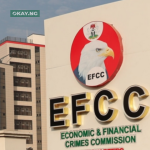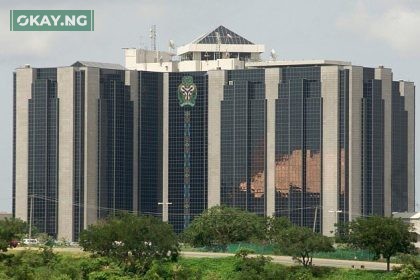President Bola Ahmed Tinubu has officially signed the Investment and Securities Act 2024, ushering in a new era of robust regulation and investor protection for Nigeria’s capital markets. This landmark legislation, which repeals the 2007 Act, is poised to significantly reshape the financial landscape, aligning it with global best practices and fostering sustainable economic growth.
The Securities and Exchange Commission (SEC), in a recent statement, hailed the presidential assent as a “transformative step.” The Act aims to strengthen the legal and regulatory framework governing investments and capital market activities, addressing critical gaps and positioning Nigeria as a competitive investment hub.
“The ISA 2024 reflects our commitment to building a dynamic, inclusive, and resilient capital market,” stated SEC Director-General, Dr. Emomotimi Agama. This new legislation expands the SEC’s regulatory powers, ensuring it maintains its “Signatory A” status under the International Organization of Securities Commissions (IOSCO) Enhanced Multilateral Memorandum of Understanding (EMMoU). This signifies Nigeria’s dedication to upholding international standards and fostering trust among global investors.
One of the Act’s key reforms is the structural classification of exchanges into Composite and Non-composite categories. Furthermore, it establishes a comprehensive legal framework for emerging asset classes, including digital assets, commodities, and warehouse receipts. This forward-looking approach addresses the evolving nature of financial markets and positions Nigeria to capitalize on new opportunities.
A significant aspect of the ISA 2024 is its focus on empowering sub-national governments to raise capital through the market. This provision is expected to stimulate local economic development and promote infrastructure projects across the country. Additionally, the Act introduces stiffer penalties for Ponzi schemes, a move that will enhance investor confidence and protect vulnerable individuals from financial fraud.
“By addressing regulatory gaps and introducing forward-looking provisions, the new Act empowers the SEC to foster innovation, protect investors more efficiently, and reposition Nigeria as a competitive destination for local and foreign investments,” Dr. Agama emphasized.
From my perspective, this legislation is more than just regulatory reform; it’s a signal to both local and international investors that Nigeria is serious about fostering a transparent and secure investment environment. The ability for sub-national governments to raise capital and the increased penalties against Ponzi schemes will have a direct, positive impact on the lives of many Nigerians.
The SEC also acknowledged the collaborative efforts of the National Assembly, the Finance Minister, and other stakeholders in shaping this crucial legislation. The ISA 2024 is expected to enhance investor protection, stimulate innovation, and promote economic diversification, making Nigeria’s capital market more attractive to both local and international investors.
This Act represents a pivotal moment for Nigeria’s financial sector, setting the stage for a more robust, transparent, and investor-friendly capital market.












